
To Ecuador’s Constitutional Court: Please Act Now to Guarantee Indigenous Peoples' Rights and the Future of the Amazon
The undersigned civil society organizations and individuals urgently and respectfully request Constitutional Court judge Richard Ortiz to prioritize case 1296-19-JP of the Waorani communities of Pastaza and to set national jurisprudence on Indigenous Peoples’ internationally recognized right to free, prior, and informed consent.
We write to you with urgency because the situation confronting us is critical. The lives of Indigenous Peoples, the survival of the Amazon Rainforest, and the stability of our global climate are at stake. Time is running out.
The Ecuadorian government’s recent decision to reactivate oil bidding in the southeastern Amazon threatens the territories of seven Indigenous Nationalities–the Andwa, Achuar, Shiwiar, Achuar, Kichwa, Shuar, Sapara, and Waorani in the regions of Pastaza and Morona Santiago. The plans for this new oil auction rely on a 2012 consultation process that was declared null and void by the provincial court of Pastaza in 2019, due to its fundamental violations of free, prior, and informed consent and self-determination. Yet, despite this ruling, the government is once again attempting to impose oil extraction on Indigenous territories, disregarding the voices and rights of those who own these lands.
In May 2020, the Constitutional Court selected the case of the unlawful consultation of the Waorani communities of Pastaza for review due to its national significance. However, after five years, the case remains unresolved. In light of the imminent oil auction, it must be prioritized. Every day of delay weakens the rule of law and increases the threats to Indigenous rights, self-determination, and the Amazon Rainforest itself.
The Ecuadorian Amazon is perhaps the most biodiverse place on earth. It has been protected by Indigenous Peoples for thousands of years. It provides oxygen, fresh water, and protection against climate chaos; it is keeping us all alive. Yet, oil companies, miners, loggers, and ranchers—often with the government’s complicity—continue to destroy it. The expansion of oil extraction will accelerate this devastation, jeopardizing both Indigenous communities and the global fight against climate change. Ecuador could seek other forms of generating wealth while protecting its biodiversity and local cultures – the most relevant wealth of all.
We plead to you, as the guardians of justice in Ecuador, take immediate action to protect these lands, its people, and its biodiversity, and demonstrate your respect for the law:
- Convene a public hearing in Waorani Indigenous territory as part of the State’s obligation to apply the principle of interculturality, as enshrined in Articles 1 and 57 of Ecuador’s Constitution. This hearing must guarantee access to justice and respect for the self-determination of Indigenous peoples. In line with Constitutional Court rulings such as 112-14-JH/21, 273-19-JP/22, 1779-18-EP/21, and 134-13-EP/20, among others, such a hearing is essential to ensure the direct participation of rights-holders under legally and culturally appropriate conditions. It should contribute to the development of jurisprudence on the scope of the right to free, prior, and informed consent, in alignment with Indigenous legal systems, international standards such as ILO Convention 169, and the UN Declaration on the Rights of Indigenous Peoples.
- Urgently resolve Case No. 1296-19-JP (the Waorani ruling of Pastaza) and establish binding jurisprudence on the right to free, prior, and informed consent that upholds the constitutional rights of Indigenous peoples in Ecuador. In accordance with the principles of due diligence, effective judicial protection, legal certainty, and the non-regression of human, collective, and environmental rights, we call for swift and appropriate action to prevent further harm to Indigenous communities who face imminent threats to their physical and cultural survival, and increasing legal and material vulnerability in the face of state decisions and corporate interests that threaten their territories and ways of life.
- Advance Ecuadorian legal precedent on free, prior, and informed consent by affirming its substantive relationship with the right to self-determination. This includes establishing that Indigenous communities must give explicit consent for any extractive activities within or near their territories, in accordance with Constitutional Court ruling 273-19-JP/22 and international standards. Constitutional jurisprudence must clearly emphasize that consultation is not merely a procedural formality, but a mechanism to guarantee self-determination—and that where there are significant impacts or risks to cultural survival, consent becomes a legally binding requirement that includes the right to say no. This aligns with Article 6 of ILO Convention 169, the UN Declaration on the Rights of Indigenous Peoples, rulings of the Inter-American Court (including Saramaka, Sarayaku, and U’wa cases), the Ecuadorian Constitutional Court’s own jurisprudence, and the State’s international commitments on Indigenous rights.
Our request is simple: listen to Indigenous Peoples, respect Indigenous Peoples, and recognize Indigenous Peoples’ right to decide what happens in their home. Indigenous Peoples have protected these forests for millennia and they have the right to reject oil extraction and mining on their ancestral lands. Their decision must be final.
We support you in affirming the state of law in Ecuador, and stand with the Waorani, the Indigenous peoples, and the majority of citizens of Ecuador that have clearly indicated in a referendum that they do not want more oil development in the Ecuadorian Amazon.
-

- Lupita Nyong’o
-

- Emma Thompson
-
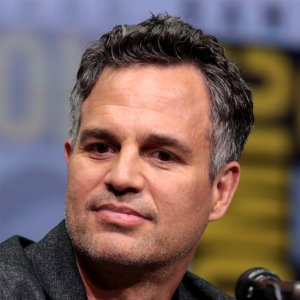
- Mark Ruffalo
-
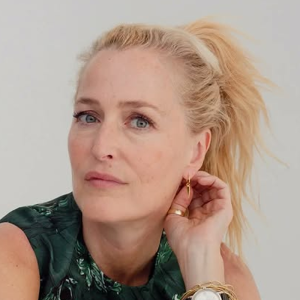
- Gillian Anderson
-
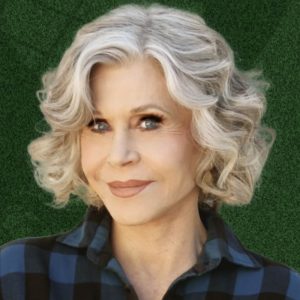
- Jane Fonda
-
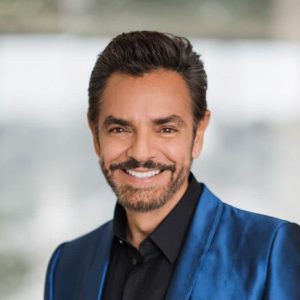
- Eugenio Derbez
-

- Patricia Allison
-

- Gael García Bernal
-

- Paulina Alexis
-

- Nikita Gill
-
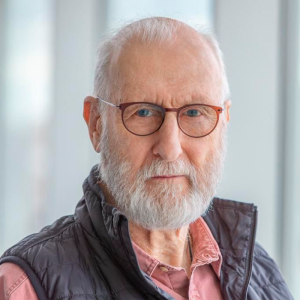
- James Cromwell
-
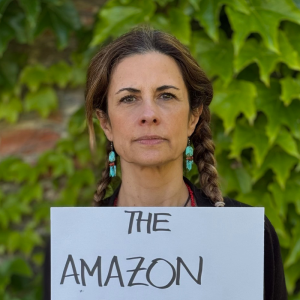
- Livia Giuggioli Firth
-
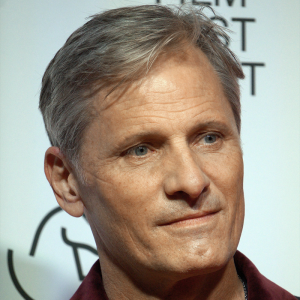
- Viggo Mortensen
-

- Cameron Russell
-
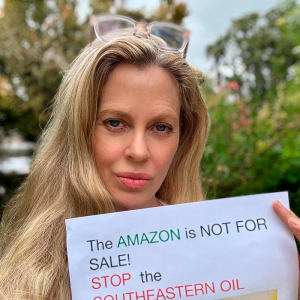
- Kristin Bauer
-
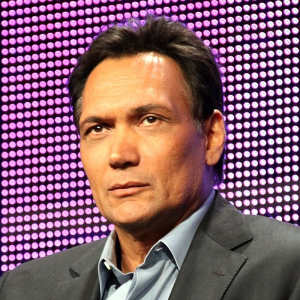
- Jimmy Smits
-
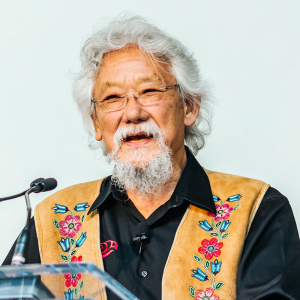
- David Suzuki
-

- Devery Jacobs
-

- Mary McCartney
-
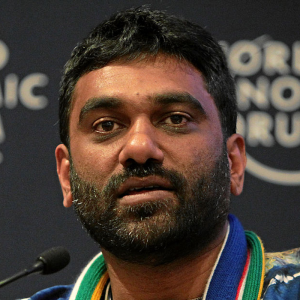
- Kumi Naidoo
-
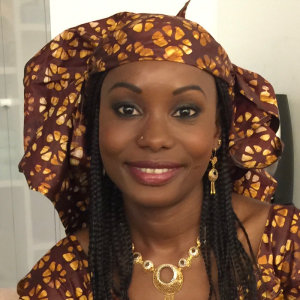
- Hindou Oumarou Ibrahim
-
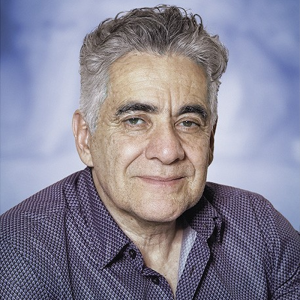
- Gerardo Ceballos
-
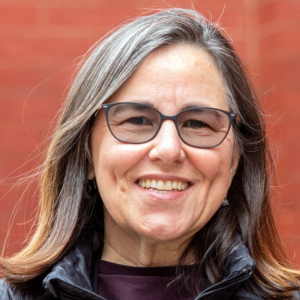
- Annie Leonard
-
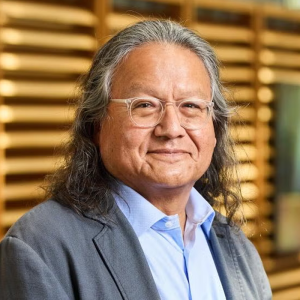
- Gerald Torres
-
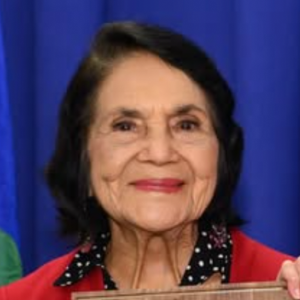
- Dolores Huerta
-
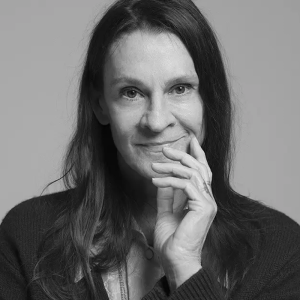
- Aileen Getty
-

- Gabriela Hearst
-

- Valerie Rockefeller
-
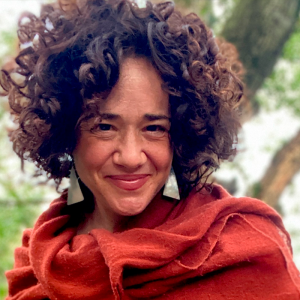
- Rachael Knight
-

- Lupita Nyong’o
-

- Emma Thompson
-

- Mark Ruffalo
-

- Gillian Anderson
-

- Jane Fonda
-

- Eugenio Derbez
-

- Patricia Allison
-

- Gael García Bernal
-

- Paulina Alexis
-

- Nikita Gill
-

- James Cromwell
-

- Livia Giuggioli Firth
-

- Viggo Mortensen
-

- Cameron Russell
-

- Kristin Bauer
-

- Jimmy Smits
-

- David Suzuki
-

- Devery Jacobs
-

- Mary McCartney
-

- Kumi Naidoo
-

- Hindou Oumarou Ibrahim
-

- Gerardo Ceballos
-

- Annie Leonard
-

- Gerald Torres
-

- Dolores Huerta
-

- Aileen Getty
-

- Gabriela Hearst
-

- Valerie Rockefeller
-

- Rachael Knight
Jane Fonda, Lupita Nyong’o, Emma Thompson, David Suzuki, Mark Ruffalo, Cate Blanchett, Gillian Anderson, Rosario Dawson, Viggo Mortensen, Eugenio Debrez, Gael García Bernal, Stephen Fry, Patricia Allison, Alan Cumming, Devery Jacobs, Jimmy Smits, James Cromwell, Paulina Jewel Alexis, Kristin Bauer, Livia Giuggioli Firth, Cameron Russell, Nikita Gill, Nathalie Mallqui, Gabriela Hearst, Dolores Huertas, Kumi Naidoo, Annie Leonard, Hindou Oumarou Ibrahim, Gerardo Ceballos, Aileen Getty, Gerald Torres, Valerie Rockefeller, Peter Rockefeller, David Rockefeller Jr, Susan Rockefeller, Rebecca Rockefeller Lambert, Rachael Knight, Branda Ortega, Miranda Kaiser.
Greenpeace
350org
Accion Ecologica
- Alliance for Indigenous People and Local Communities for Conservation in Africa
- AMAN
Aliansi Masyarakat Adat Nusantara / The Indigenous Peoples Alliance of the Archipelago
Amazon Watch
Asia Indigenous Peoples Pact (AIPP)
Asociación Americana de Juristas sede Ecuador
Association OKANI
AVAAZ
Awana Digital
BOLENA
Center for Constitutional Rights
Center for Indigenous Peoples’ Research and Development
- CIPRED
Coalición Nacional por la Tierra y los Territorios Ecuador
Comité Permanente por la Defensa de los Derechos Humanos
Community Land Action Now
CONAPI
Consejo Regional Indígena del Cauca CRIC
Consorcio TICCA
Cultural Survival
Daughters for Earth
- Forest Peoples Programme
Fundación ALDEA
Fundación Pachamama
Global Justice Ecology Project
Indigenous Climate Action
Instituto de Estudios Ecologistas del Tercer Mundo
Laudato SI
- Leave it in the Ground Initiative (LINGO)
Misioneras Lauritas – Ecuador
Nareto Latia Indigenous Peoples’ Program
NDN Collective
Nia Tero
Observatorio Ciudadano
OMASNE
One Earth
POINT Myanmar
Rainforest Action Network
Rainforest Foundation US
Red Eclesial Panamazónica – REPAM
Red Iglesias y Minería Capítulo Ecuador
Red Territorios de Vida TICCA Latinoamérica
Surkuna Ecuador
Universidad Autónoma Metropolitana, México
WITNESS
Women’s Earth and Climate Action Network (WECAN)






